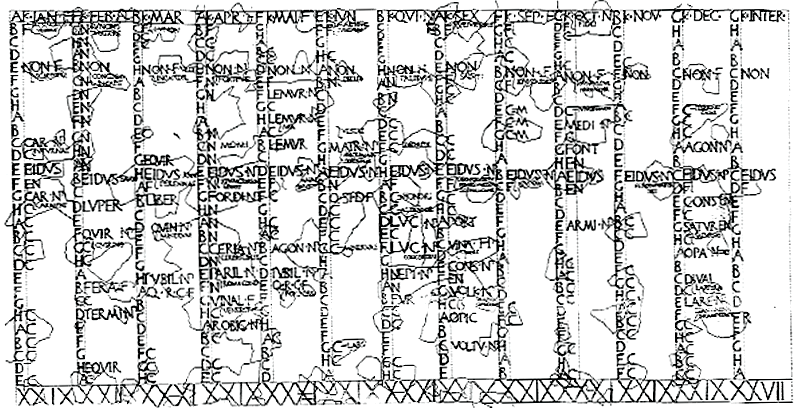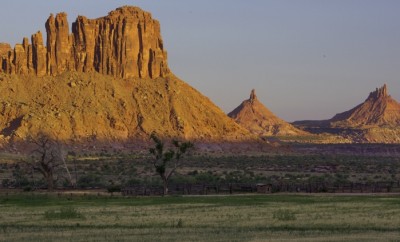Cultures
Climate change is literally changing calendars

Image: Wiki Commons
We often take the fact that we know what time it is for granted. Before the invention of the clock, figuring out what time of day it was specifically was basically impossible. You could tell by the position of the sun how much time you had left before it got dark, but something as specific as the hour was hard to pin down, since the rise and setting of the sun change so much throughout the year. That meant that basically the idea of “what time it was” has basically been ignored throughout most of human history.
And while that may seem like more of a minor annoyance, and most people got along fine without knowing. It wasn’t like they had a lot of down to the minute appointments to keep anyway.
But while it may not be that important to know that it’s 3:15, the calendar was a different matter. See most pre-industrial societies were agricultural, and agricultural societies rely on, you know, crops. And as you may or may not know, crops are a pretty tricky thing to rely on. The success or failure of a vital food crop depends on so many factors. Too little rain, too much rain, too little sun, too much sun, hail, animals, an early frost, a late frost; all are things that can be the difference between a bumper year harvest and boiling your shoes so you can eat them that winter.
That’s why the calendar is so important to an agricultural community. They need to know exactly what day to begin sowing seeds, and what day to harvest them. It’s a process of trial and error conducted over generations to determine the best day of the year to begin these processes, and all rely on the idea that the weather does not change much from year to year.
Of course, as you probably know, the weather is changing, very much, and that’s why many agricultural societies today are finding that their traditional calendars aren’t working anymore.
In the Pamir Mountains of Central Asia, this has become a serious problem. Traditionally, the people who live there kept track of the day of the year by following a series of ecological clues. The snow melted on such a date, then spring will be exactly 21 days away, that kind of thing.
The issue is that now the snows melt sooner than they used to, making it difficult for the communities to know when they should plant crops or celebrate holidays.
This may not sound like that big of a problem, but when your life literally depends on knowing what day of the year it is because otherwise your crops will fail and you will starve, it is a serious issue.
Scientists are working with the communities in the Pamir Mountains to help them establish new calendars that will adapt to the changing environment, but this is yet another manifestation of the unexpected ways that global warming will change life for people around the world.
Especially those who depend on their native environment to eat.





0 comments